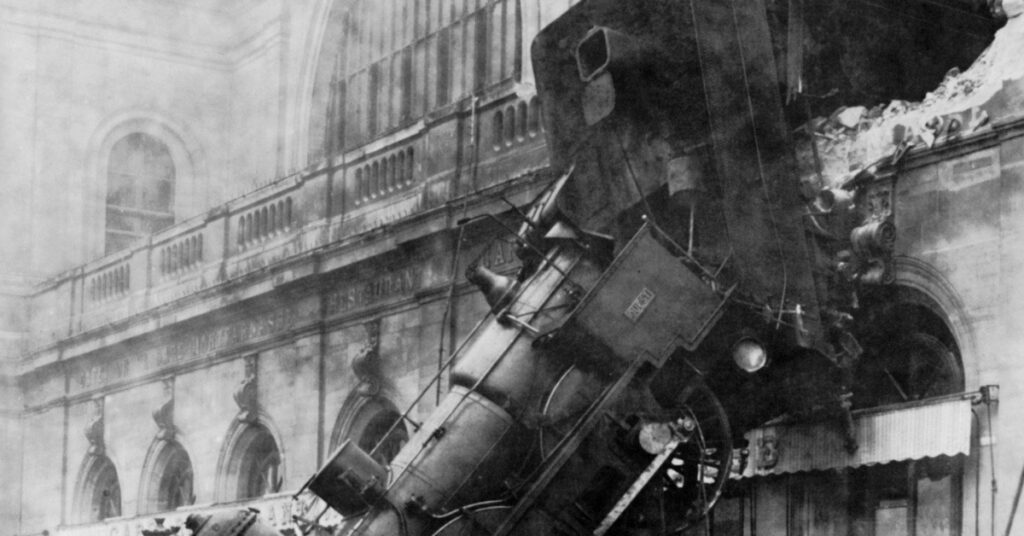By: Brian Harris
It’s strange to think of humility as one of the markers of future success, but it is. Without it, we don’t realise how much we still have to learn, and we miss cues which could set us on a better path.
Conscious Incompetence
It was only a few sentences in a podcast I recently listened to, but it set me thinking. The speaker suggested there are four stages in the journey towards competence:
- Unconscious incompetence
- Conscious incompetence
- Conscious competence
- Unconscious competence
A Driving Example
Let’s say you don’t know how to drive a car. As you watch people driving you think, “How hard can that be? Of course I could do that.” But then you hop into the driver’s seat and as the car jerks and jolts along the road, you realise you are many lessons away from competence.
You start out unconscious of your incompetence, but quickly move into conscious incompetence, where you are acutely aware of the many steps you need to manage at once. After some practice, you gain conscious competence: driving is tricky, but you can do it. Finally, with enough experience, you reach unconscious competence, where the skills have become second nature.
Why These Stages Matter
Does this matter and if so, why? To me it speaks of a posture of humility towards learning, and a bent towards curiosity and ongoing enquiry into the complexities of life.
There are stages of learning, and we aren’t automatically experts on everything. Yet humility is rarely seen. Too often people declare themselves experts on global issues, politics, or science after watching a few questionable videos. This unconscious incompetence can be painful to watch, especially when you recognise how much is being overlooked.
The Challenge of Admitting “I Don’t Know”
Why do we find it so hard to say, “I don’t know very much about this”? I’ve seen this in leadership and theology, where people speak dogmatically about things they don’t understand. Free speech is valuable, but when someone dismisses true expertise, unconscious incompetence becomes embarrassing to witness.
A Journey of Faith and Growth
This is not only relevant in opinions but also in faith. Following Jesus is a journey that passes through stages. We shouldn’t assume that virtues like love and forgiveness come easily. Often, we must recognise our unconscious incompetence, reflect, and grow.
The goal is to reach unconscious competence in faith—where love, wisdom, and compassion are so deeply integrated that responding like Jesus becomes natural. Until then, we often need to pause, pray, and allow God to guide us away from instinct and towards wisdom.
Article supplied with thanks to Brian Harris.
About the Author: Brian is a speaker, teacher, leader, writer, author and respected theologian who is founding director of the AVENIR Leadership Institute, fostering leaders who will make a positive impact on the world.
Feature image: Photo by Pixabay





